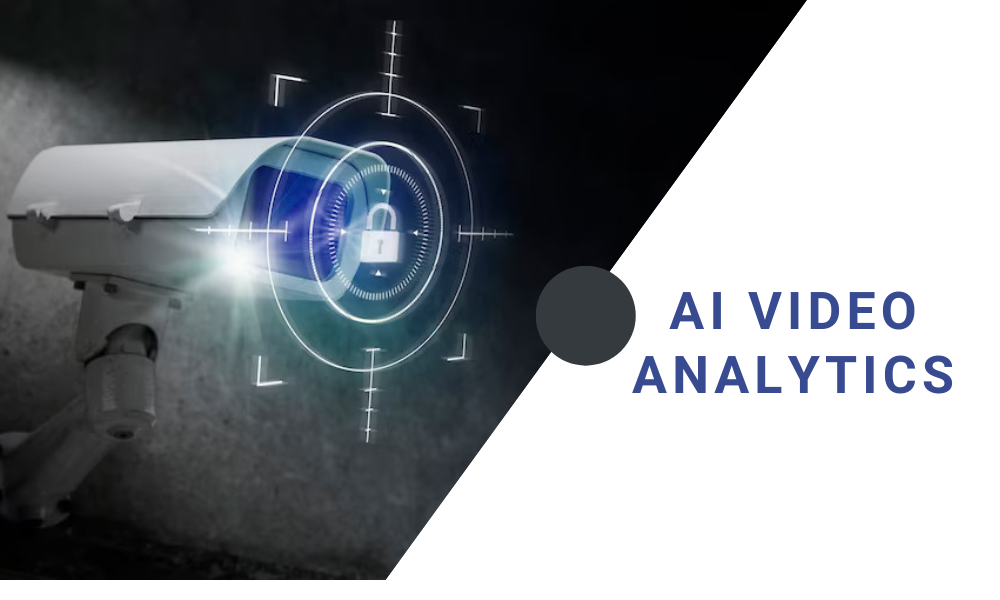The hospitality industry, particularly hotels, faces unique challenges when it comes to ensuring the safety and security of guests, staff, and property. Traditional security measures are often insufficient, making it imperative for hotels to embrace advanced technologies. One such groundbreaking solution is the integration of AI video analytics software for loss prevention. This technology leverages artificial intelligence (AI) to analyze video footage, providing a proactive and efficient approach to identifying and mitigating potential security threats.
Understanding the Challenges in Hospitality Security
Hotels are susceptible to various security risks, including theft, vandalism, unauthorized access, and even terrorism. Traditional surveillance systems, while still valuable, have limitations in terms of real-time threat detection and response. Human monitoring of multiple camera feeds is prone to errors, and incidents can go unnoticed until it’s too late. AI video analytics software addresses these challenges by automating the monitoring process, enabling quicker and more accurate threat detection.
Key Features of AI Video Analytics for Hospitality
Object Recognition and Tracking:
AI video analytics excels in identifying and tracking objects within the video feed. This includes recognizing people, vehicles, and unusual items. For hotels, this means enhanced monitoring of entrances, parking lots, and other critical areas to detect suspicious behavior or objects.
Anomaly Detection:
Advanced algorithms analyze patterns in video data to identify anomalies. For instance, the software can detect unusual movements, overcrowding, or loitering in specific areas, triggering immediate alerts for security personnel.
Facial Recognition:
Facial recognition technology is a powerful tool for enhancing security in hotels. It can be used to identify individuals on watch lists, track the movement of suspicious persons, and enhance access control systems.
Integration with Access Control Systems:
AI video analytics seamlessly integrates with existing access control systems. This allows for real-time verification of individuals entering or exiting the premises, ensuring that only authorized personnel have access to restricted areas.
Behavioral Analysis:
The software can analyze human behavior, helping to identify potential threats based on actions and interactions. This is particularly useful in crowded areas such as lobbies and event spaces.
Benefits of AI Video Analytics in Hospitality Loss Prevention
Proactive Threat Detection:
By automating surveillance, AI video analytics provides real-time threat detection, allowing security personnel to respond promptly to potential incidents.
Reduced False Alarms:
The advanced algorithms minimize false alarms by distinguishing between normal and suspicious activities, reducing the workload on security staff and preventing unnecessary disruptions.
Optimized Staff Productivity:
AI video analytics frees up security personnel from constant monitoring, allowing them to focus on responding to incidents and providing a more proactive security presence.
Data-Driven Decision-Making:
The software generates valuable insights and analytics, enabling hotels to make data-driven decisions to improve overall security measures and operational efficiency.
Cost-Efficiency:
While initial implementation may require an investment, the long-term cost savings result from reduced security incidents, improved operational efficiency, and minimized reliance on manpower for monitoring.
Conclusion
AI video surveillance software is revolutionizing loss prevention strategies in the hospitality industry, providing hotels with a powerful tool to enhance security measures. The proactive nature of these technologies not only prevents potential threats but also allows for a more efficient allocation of resources and a safer environment for guests and staff. As technology continues to advance, the integration of AI video analytics will likely become a standard practice for hotels committed to ensuring the highest standards of security and guest satisfaction.


